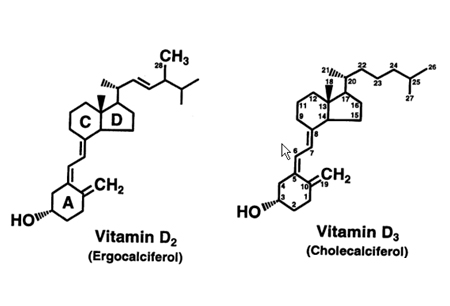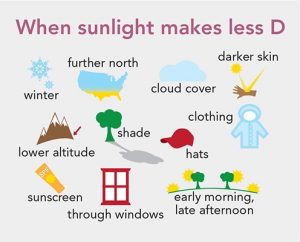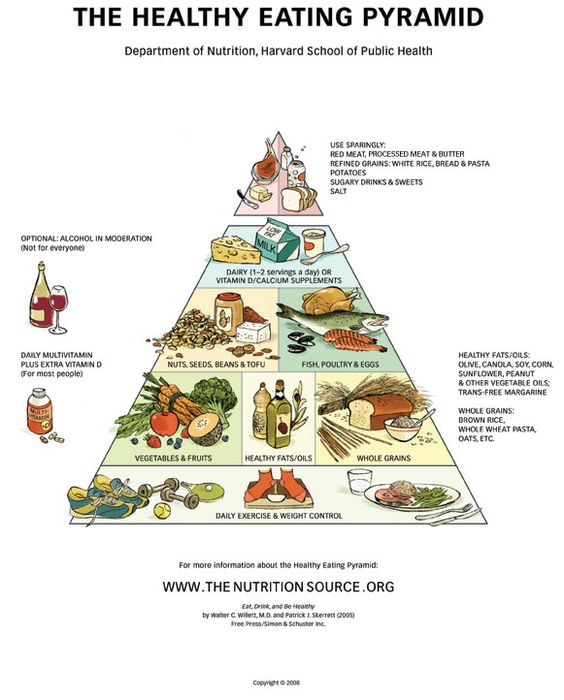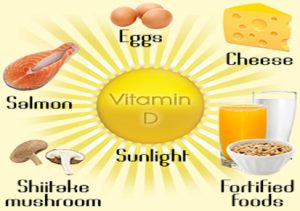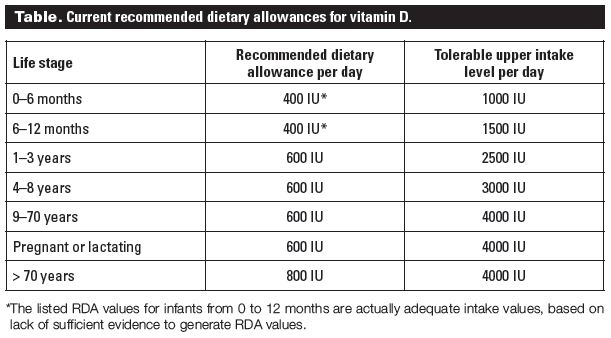Health issues are one of major concerns of us in present days. As our lives become urbanized and modernized, we take less care of our body. Subsequently, our nutrition balances are getting worse. Unfortunately, it is undeniable fact.
One of crucially important nutrition that we are usually missing these days is Vitamin D. Many of us may have heard about vitamin D at least once.
But, it is just without knowledge of its important role in our body when it is deficient.
Vitamin D, in simple description, is a key nutrition that regulates our feelings and health (preventing depression and strengthens bones). Therefore, it causes several problems without sufficient amount of vitamin D intake.
Vitamin D is synthesized in our cell tissues under the skin with exposure of sunlight, specifically ultraviolet rays:
- In human, when 7-dehydrocholestrelol in our skin is exposed to sunlight, it is converted into cholecalciferol which is vitamin D3.
- In plants, when sterol meets sunlight, it is converted into calciferol which is known as vitamin D2; regulates calcium and phosphorus in our body.
We are only able to treat vitamin D in form of D2 and D3 in our body and they both work the same thing during the metabolic process.
Vitamin D is easily absorbed through the skin into our body within the wavelength of 290 nm to 315 nm. People who spend more than 20 minutes a day outside between 10 am to 2 pm would have no worries of vitamin D deficiency.
However, due to the location of Canada (cloud-covered sunlight during winter in the norther hemisphere region) and long rainy seasons, we are not freely able to enjoy the sunlight well to absorb the enough amount of vitamin D.
So, vitamin D deficiency is very common to people in Canada during the winter season since we have much less exposure to sunlight.
As a result, vitamin D deficiency may causes several serious problems:
1) Weaken the immune system
Vitamin D enhances T-cell; cells that destroy microbes causing diseases. In case of vitamin D deficiency, T-cell may be weakened.
2) Diabetes
Risk of type-2 diabetes increases by up to 80 % – Vitamin D helps with insulin (hormone that regulates blood sugar level) secretion and conversion to glucose (a type of sugar from food we eat) energy. Low levels increase insulin resistance and damage glucose metabolism
3) Cardiovascular diseases (hear and blood vessel diseases)
Vitamin D inhibits renin which is a hormone increases the blood pressure of the systolic period. Vitamin D deficiency increases risk of several cardiovascular diseases, including hypertension (high blood pressure), heart attacks, and heart failure.
4) Depression
Vitamin D deficiency causes low serotonin levels and high cortisol hormone. Cortisol is stress hormone and serotonin is brain hormone that regulates happiness. The level of serotonin is increased when the body is exposed to sunlight.
To prevent vitamin D deficiency, it is best to expose oneself to sunlight 15~20 minutes a day without sunscreen. When it is not possible to spend time under the sun, however, intake of vitamin D with foods are another good option.
Sources of vitamin D from foods:
- salmon&tuna
- whole grains
- egg yolk
- mushroom
- milk
- cheese
Even we intake vitamin D with foods, the content is too small for suggested daily dose. Therefore, the intake of vitamin D supplements are considered as the second-best option. However, supplements may cause the overdose problem so that it is crucial to follow the recommended dosage.


